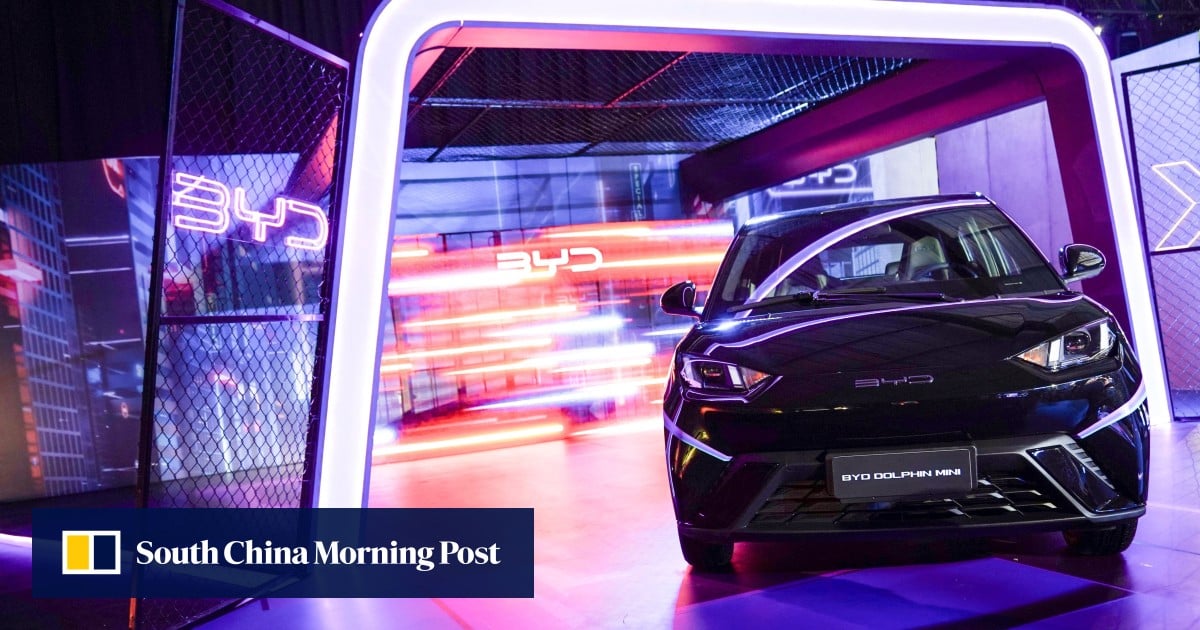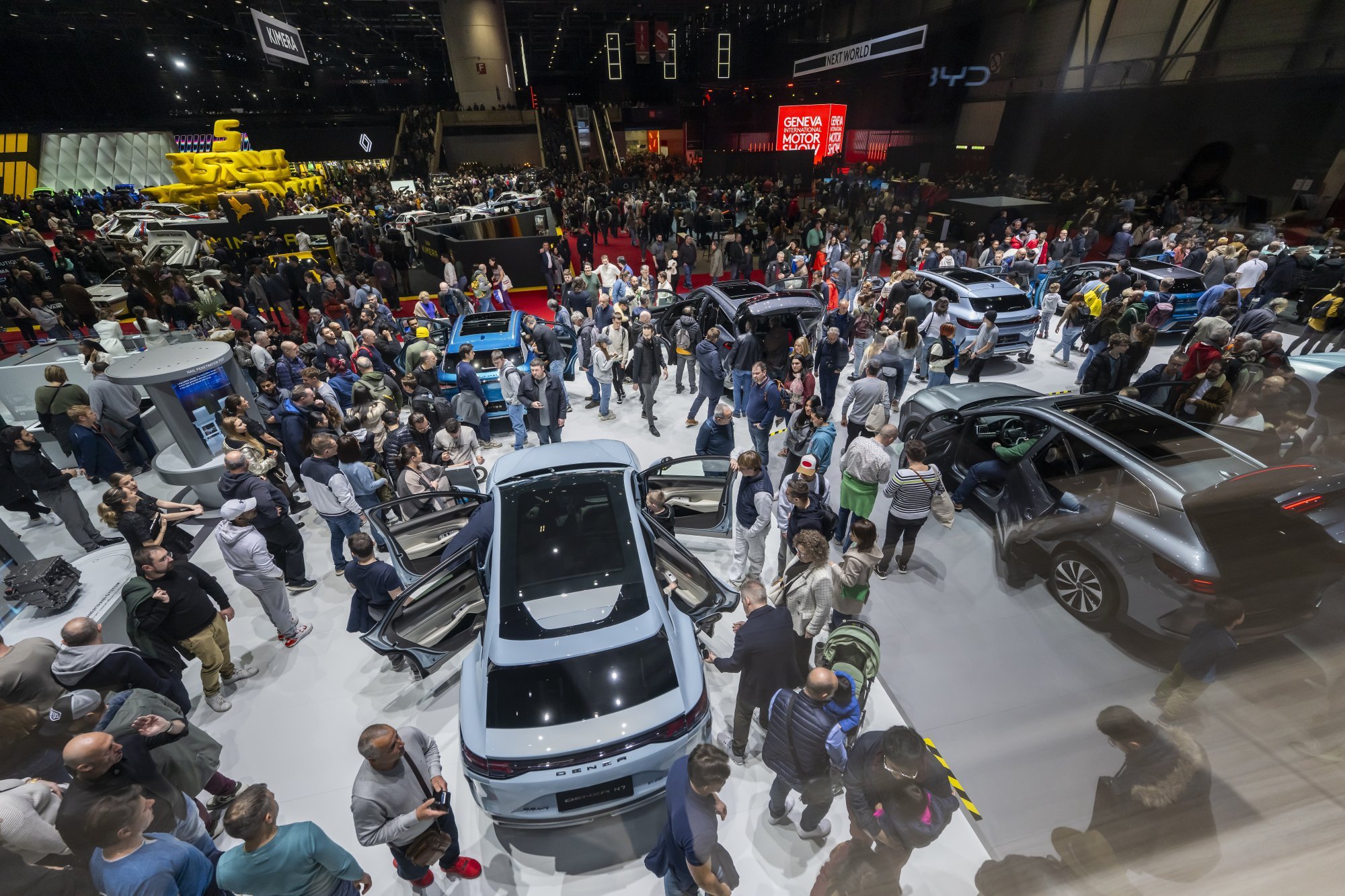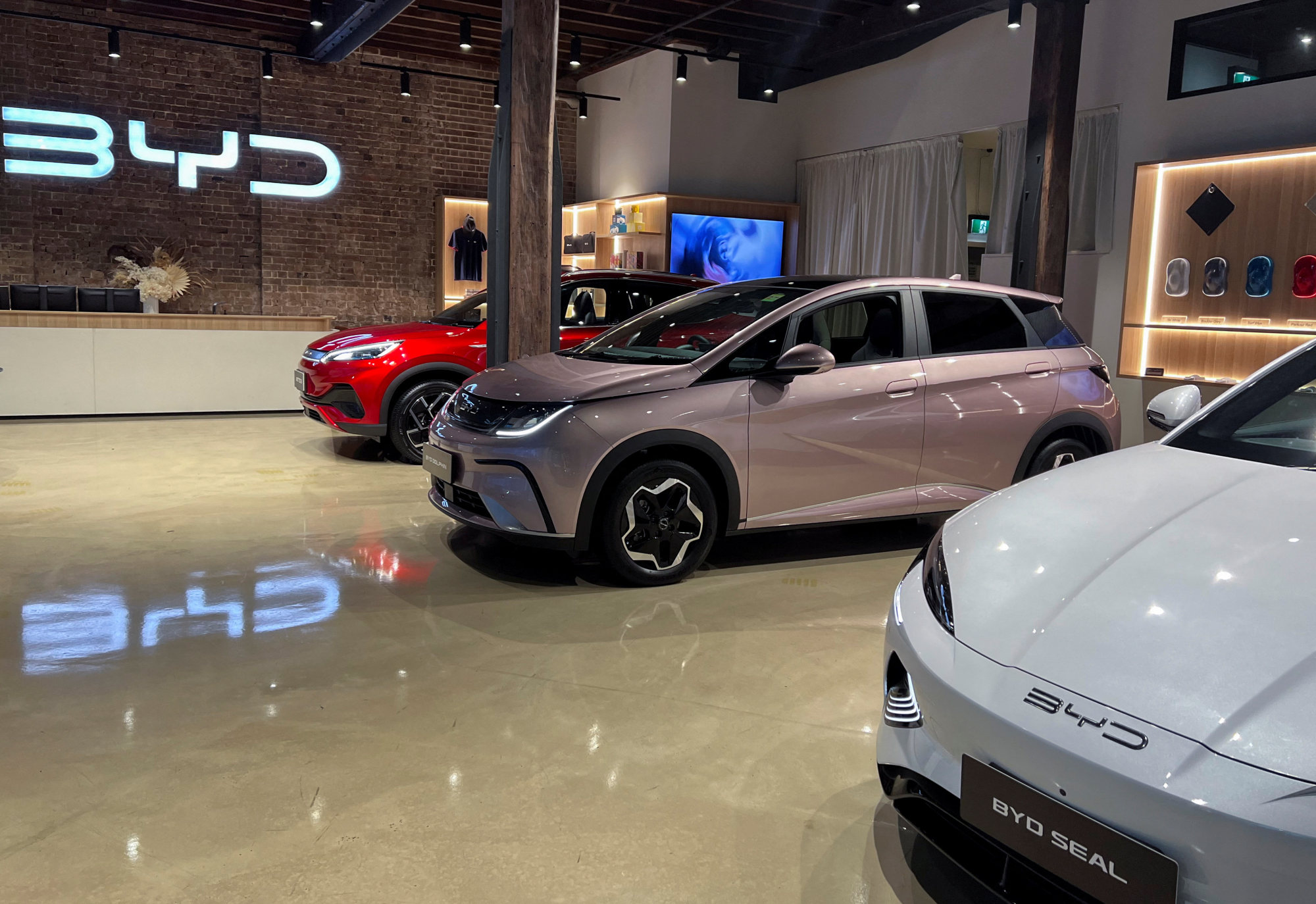
06 Mar China’s BYD to spend US$55 million on buy-back of Shenzhen-listed shares as world’s largest EV maker eyes higher market value
A buy-back and cancellation leads to a smaller volume of total shares in the market, which translates to a rise in earnings per share.
The proposed share repurchase seeks to “safeguard the interests of all shareholders, shore up investor confidence, and stabilise and enhance’ the company’s value, BYD said in a filing to the Hong Kong and Shenzhen stock exchanges.

BYD intends to spend no more than 270 yuan per share under its buy-back plan, which is subject to approval by the company’s shareholders. The share repurchase scheme is expected to be completed within 12 months of its approval.
The company’s Shenzhen-listed shares added 4 per cent to close at 191.65 yuan on Wednesday, while its shares in Hong Kong gained 0.9 per cent to HK$192.90 (US$24.66).
In an exchange filing on February 25, BYD said that it received a letter from Wang on February 22 that suggested a 400-million-yuan share buy-back, which is twice the amount that the company originally planned to spend for the repurchase.
China EV war: BYD, Xpeng up the ante as they slash prices to arrest sales slump
China EV war: BYD, Xpeng up the ante as they slash prices to arrest sales slump
BYD delivered a record 3.02 million pure electric and plug-in hybrid vehicles to customers at home and abroad in 2023, a 62.3 per cent year-on-year increase.
At the end of January, BYD said in an exchange filing that its net profit for last year would be between 29 billion yuan and 31 billion yuan, up 74.5 per cent to 86.5 per cent from 2022.
Berkshire Hathaway held 7.98 per cent of BYD stock on October 25 after trimming its previous 8.05 per cent stake in the EV maker’s Hong Kong-listed shares, according to a stock exchange filing.
China’s BYD overtakes Tesla as largest maker of pure-electric vehicles
China’s BYD overtakes Tesla as largest maker of pure-electric vehicles
The company beat the US carmaker in terms of sales of pure electric cars last year, buoyed by Chinese consumers’ increasing penchant for battery-powered vehicles.
Most of BYD’s cars were sold on the mainland, with 242,765 units – or 8 per cent of its total deliveries – exported to overseas markets.
Tesla delivered 1.82 million fully electric cars worldwide, up 37 per cent year on year.

Since mid-February, BYD has been cutting prices on nearly all of its cars to stay ahead of competition.
On Wednesday, BYD launched the basic version of the revamped Seagull at a price 5.4 per cent lower than the outgoing model at 69,800 yuan.
That was preceded by an 11.8 per cent cut in the starting price of its Yuan Plus crossover vehicle to 119,800 yuan on Monday.
